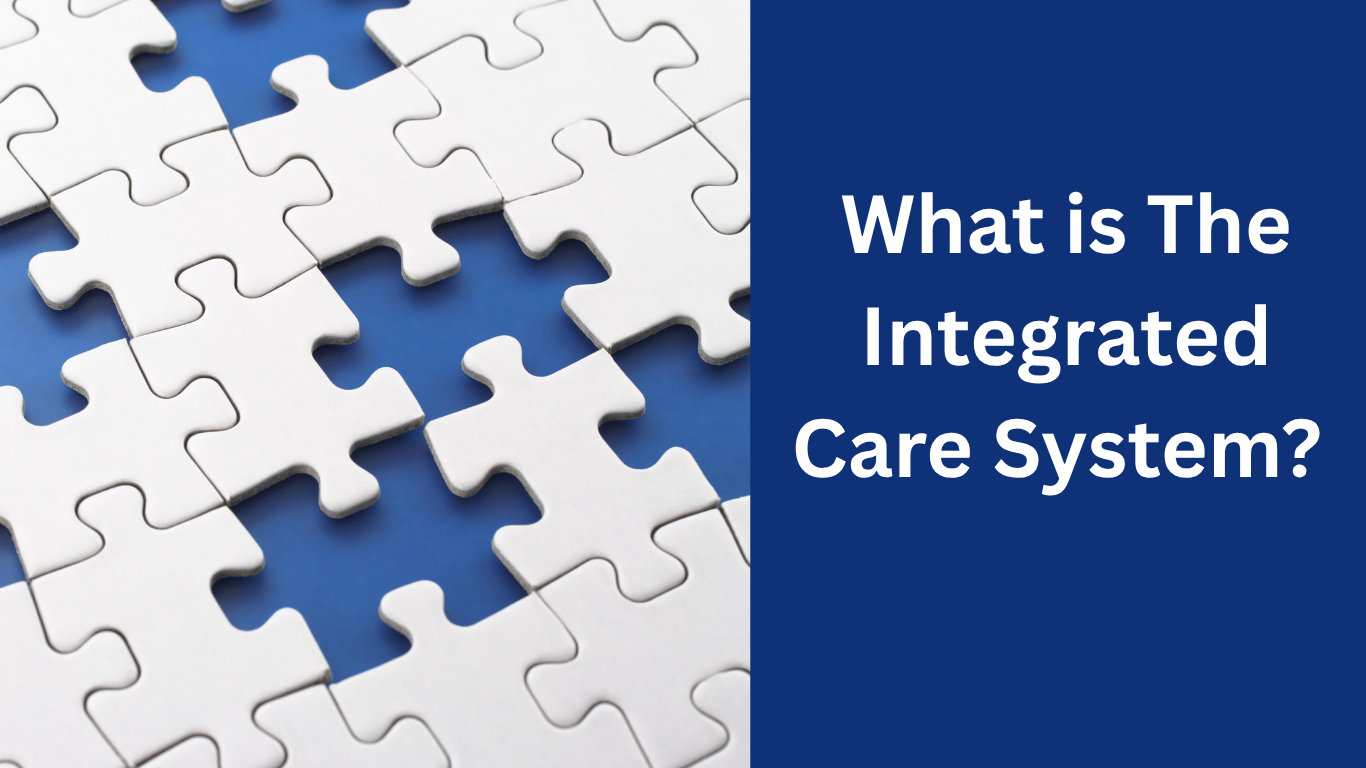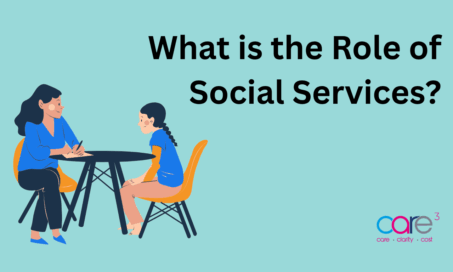
Published in All news on 14/10/2025
Integrated Care Systems (ICS) are set up to join up care leads to ensure better outcomes for people. This can include local partners such as the NHS, voluntary sectors and councils, who work together to care better, optimised services that are tailored to local needs.
The aim of ICSs is to improve health and care services, focusing on better outcomes, prevention, and a reduction in health inequalities.
Understanding Integrated Care Systems (ICS)
ICSs (Integrated Care Systems) are partnerships that bring health and care organisations together in particular local areas. They can serve anywhere from 600,000 to 1,000,000 people and work together more closely to provide care in a joined-up way. 42 ICSs replace 106 now dissolved NHS Clinical Commissioning Groups which were previously in place, and they now lead on planning and funding healthcare services in the local areas they cover.
Each ICS is made up of an ICB (Interated Care Board) and ICP (Integrated Care Partnership.
ICBs are responsible for planning NHS services, including ambulances, mental healthcare, primary care, specialist and community care.
ICPs are broader than ICBs, they cover social care, public health, and other, wider issues that can impact the health and wellbeing of populations.
Why Are ICSs Needed?
As people are living longer and are getting more complex conditions, access to good quality healthcare is not the only impacting factor on health. Wider conditions in people’s lives are just as impactful in health, this includes employment, housing, income and environment. Therefore, services that support people with all these issues have a role to play in improving health. This includes local government, NHS, voluntary sectors and wider partners, who all need to consider how care is delivered and how it must be delivered. By ensuring that care meets the needs of people is prevention in its own right, preventing health conditions from exacerbating.
ICSs were created to encourage and enable collaboration and understanding how health and wellbeing can be improved. Decision making and budgets are put into the hands of local partnerships, working with local communities to decide how it is best to deliver and design efficient services that meet needs.
Why ICS Matters for Social Care Commissioning
Localised healthcare commissioning in England had been undergoing a transition towards new organisational architecture that aims to strengthen the integration agenda of the NHS. Integrated Care Systems are building on the Clinical Commissioning Groups legacy, thus inheriting a majority of local commissioning processes and structures that were previously developed.
Research conducted in a paper by Gongora-Salazar (2022) noted that it is clear that there was a need to strengthen the evaluation culture and capacity via ICSs, to ensure that valuations are embedded effectively in local commissioning processes. A report by Currie et al (2018) found that commissioners had insufficient capacity to use evidence to form decisions, therefore powerful actors may have had influence on knowledge absorption processes in CCGs. The ICS integration processes aim to ensure data and knowledge availability has a streamlining across organisations that keeps evidence and final investment decisions in providing care aligned.
Benefits of ICS for Local Authorities and Providers
ICSs have many benefits that impact local individuals, providers and local authorities. These include:
- Enabling organisations to act more promptly in order to help people who have conditions that are preventable.
- Providing care for populations who have multiple needs (especially as the population ages).
- Providing support to individuals with mental health needs and long-term health conditions.
- Support for individuals to stay independent and healthy.
- The use of collective resources promptly to ensure people receive care as soon as it is possible to do so.
- Improvements in the health of young people and children.
ICSs have faced challenges since the implementation of this structure in acclimating to no longer operating in an autonomous way. However, prior to ICS integration, people did not always get high-quality care especially if they used multiple services. ICSs and ICBs came into being at a time when providers were reeling off the impacts of the Covid-19 pandemic which introduced issues into the previous infrastructure and ICSs have been acclimating to.
CareCubed is a benchmarking tool to help communicate needs and funding between Local Authorities, ICB’s, and Providers. Get in touch with us to find out more about CareCubed, and book a demo to get started with transforming your benchmarking strategies.









